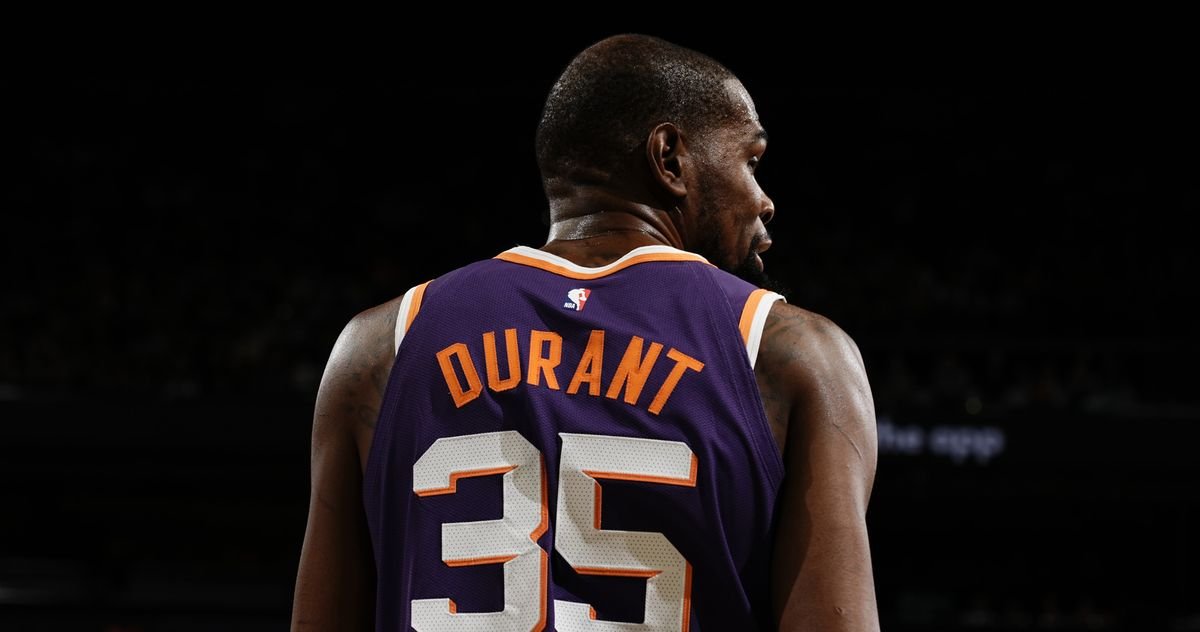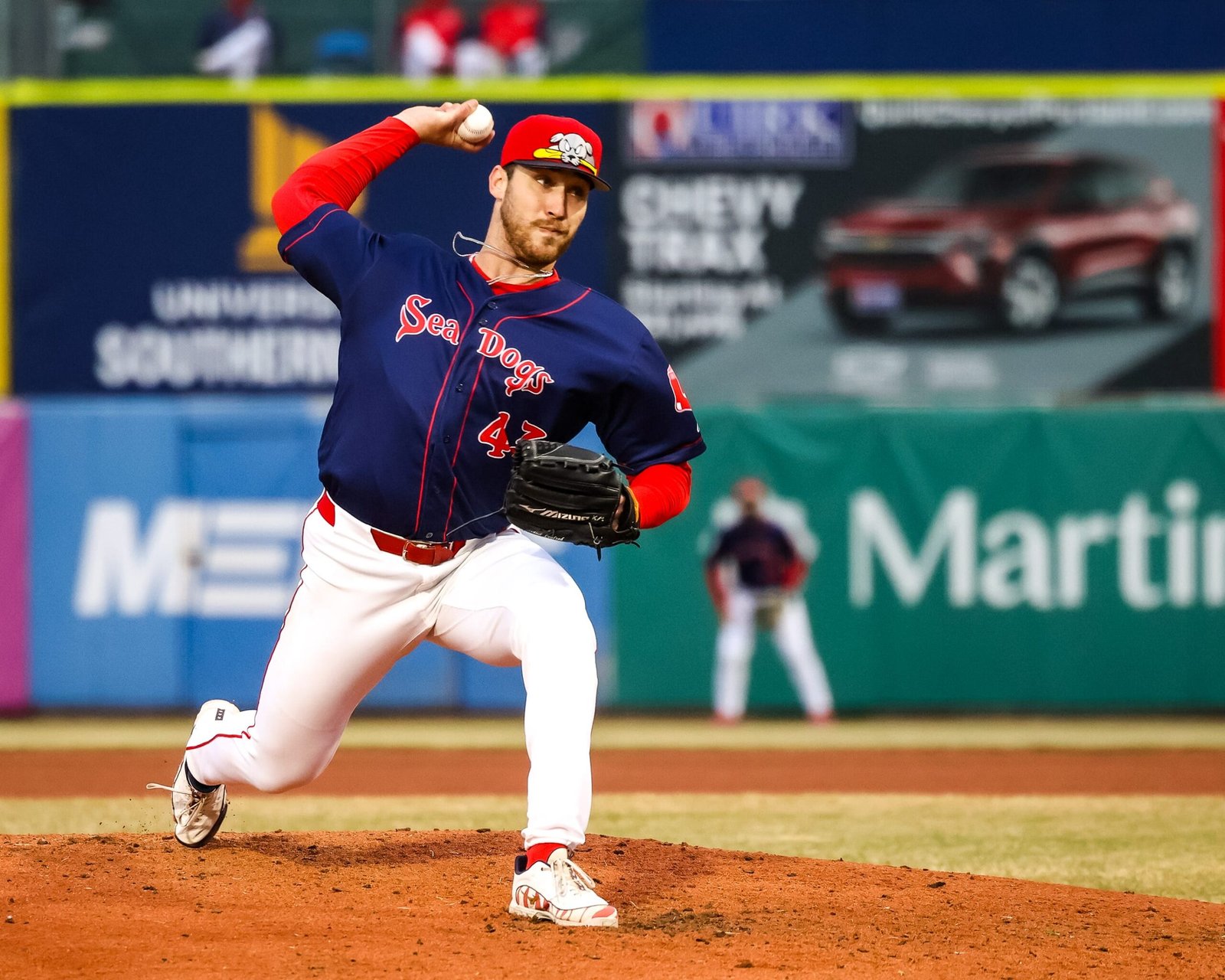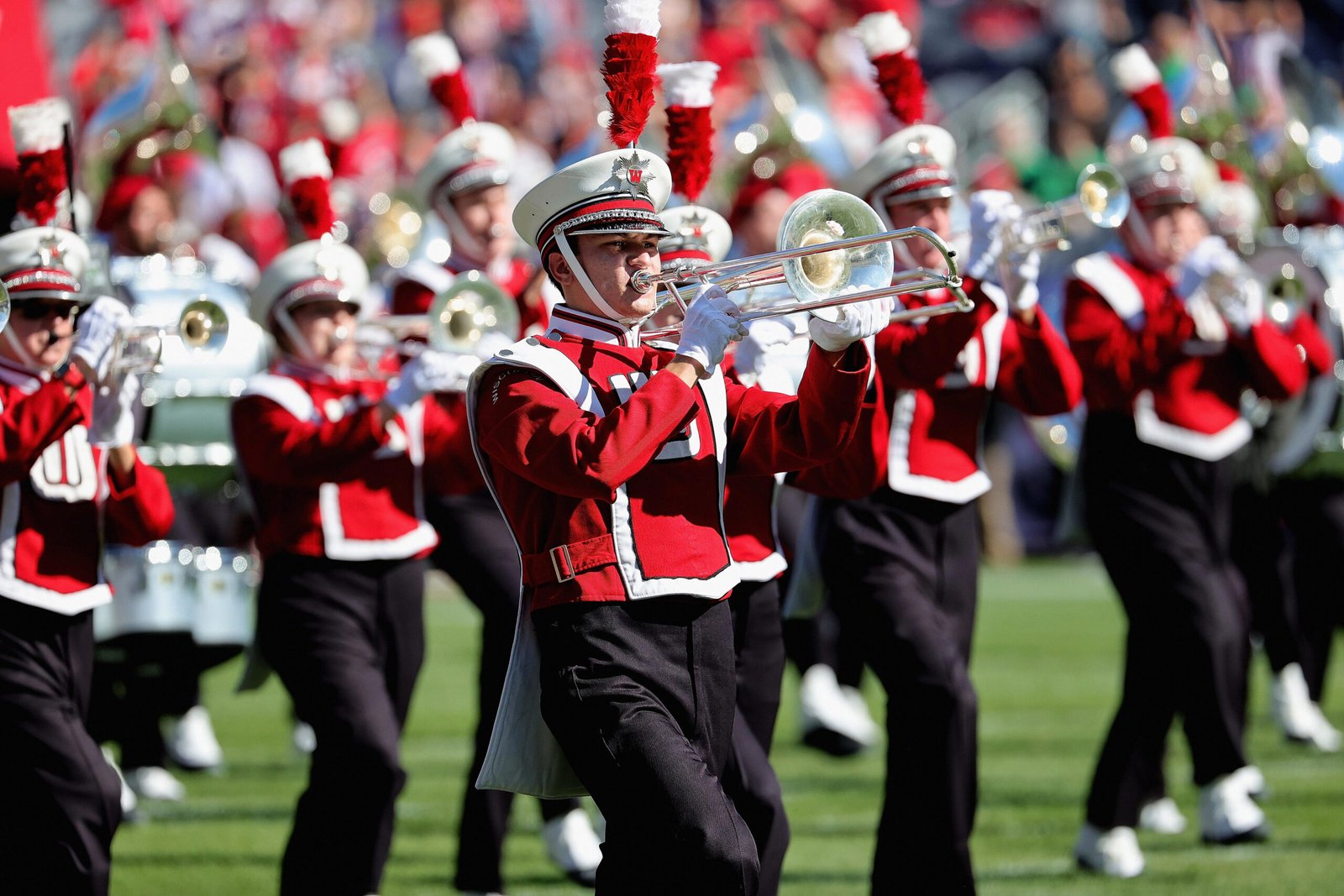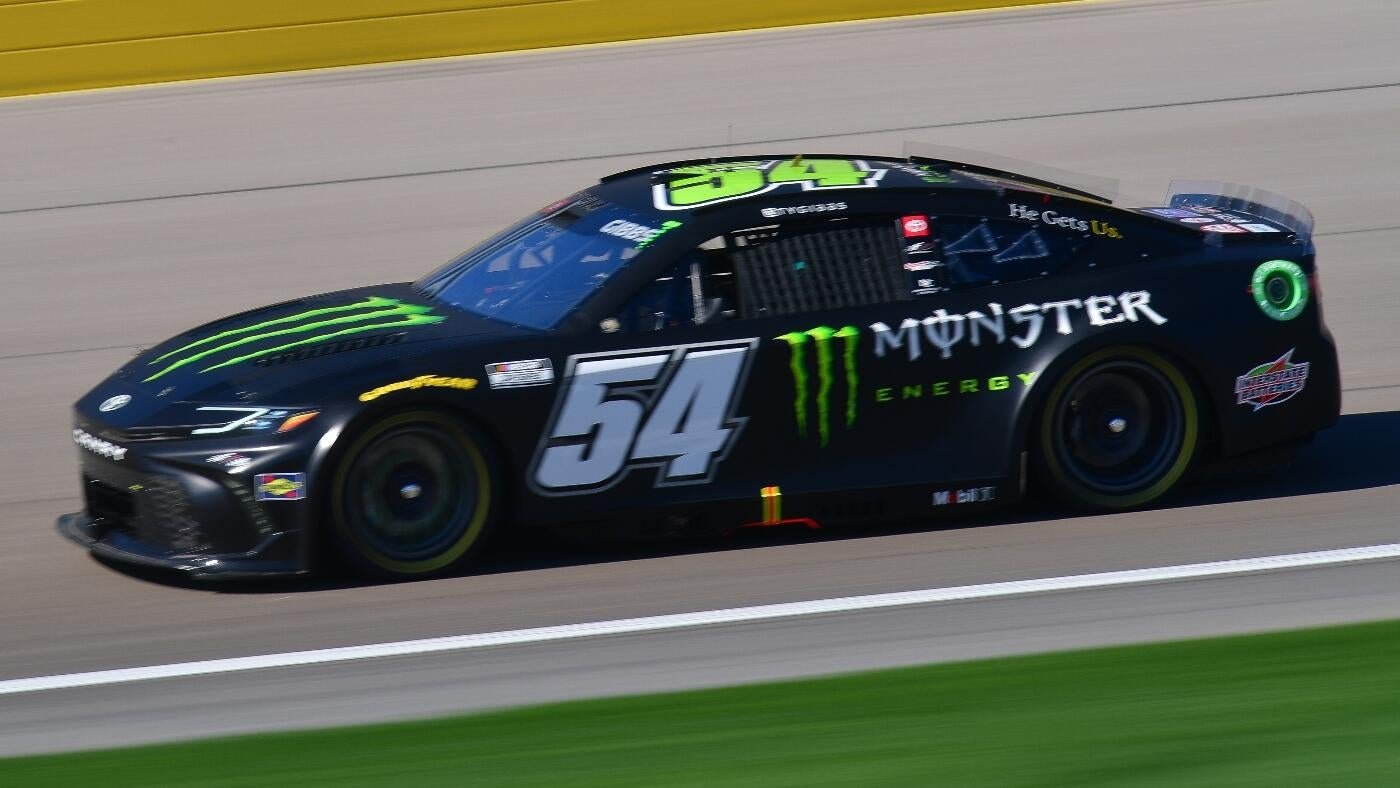
Kevin Durant’s Journey: The Waning Influence of Aging Athletes
LeBron James
is better,
Stephen Curry
is more beloved, but I’m not sure I’ve gotten more news alerts over the past decade-plus about any NBA player more than
Kevin Durant
. The superstar always has
some
sort of drama happening. At the end of this month, it will be nine years since he made his notorious decision to join the Golden State Warriors in free agency, and we’ve been talking about him nonstop since. He won two titles with the Warriors, then missed a season with a torn Achilles; went on
another
free-agency tour, in which most thought he would sign with the
Knicks
and somehow chose
Brooklyn
; eventually got himself traded out of there when everything imploded because of
Kyrie Irving
; went off to Phoenix, where he got hurt again and then was good again … and now is about to be traded once more.
,
Through all of it, Kevin Durant has remained a big-deal star. I myself have written about him more than LeBron and Curry combined — and even sat down with him for hours for a 6,000-word
New York
cover story (
which had to be aborted
after COVID broke the world). So it was kind of remarkable, as Durant looks for his next destination, that the Knicks — the team so devastated that Durant rejected it six years ago —
made it clear they weren’t interested
. Had Durant picked the Knicks over the Nets, he would have been the franchise savior, the superstar the Knicks had spent decades searching for; it would have been the biggest story in the NBA, maybe in sports. And now, years later, with Durant making it clear he’d love to give it a try this time, they slammed the door in his face.
,
The problem is not that they don’t like Durant or not even that he’s not still a good player. (He scored 26.6 points a game last year, just below his career average, and, had he played enough games to qualify, a number that would have ranked eighth in the league.) The problem is a simple one, a problem that has cursed athletes for centuries but feels particularly relevant in today’s world: He’s old.
,
Well, he’s not
old
old, not actually human-adult old: He’s 36, which is only old if you are a teenager. But in athlete terms, he may be seen as ancient, decrepit … essentially washed-up. Durant’s still-potent game fits in with any competing team — he’s a tall guy who can shoot, and he has always been a better defender than he has been given credit for — but it won’t be that way for much longer. More to the point, teams don’t think Durant will still be a fit for the full length of the contract extension he’ll be looking for from any team that trades for him. Durant has played 16 seasons in the NBA and has
as long of an injury history
as any player in the league. He’s a big name, but he’s expensive, fragile, and, all told, probably more trouble than he’s worth. Also …
Hey, is that a bald spot?
Getting old always comes with problems, of course, but particularly so in professional sports over the past several years. In an age of biometrics and exit velocities and peak floor speed, when every morsel of every game is broken down by analytics experts looking for every edge, that old veteran presence that sports teams have long claimed is vital for winning championships is being phased out in favor of less expensive, young players whom you can squeeze every bit of athleticism out of while you can, while they’re cheap.
,
Look at the current NBA Finals. Whatever your thoughts about the Oklahoma City–Indiana matchup — I think it’s the most compelling and purely pleasurable NBA Finals to watch in a decade — one thing it is showcasing most clearly is
youth.
These teams are young, quick, fast,
relentless
, playing with the sort of intensity that comes naturally to kids. They don’t have old-guy veterans who Know How to Win with guile and experience. Those guys would only slow them down.
,
You see this across every sport. Baseball used to revere the older pitcher or aging slugger who had seen it all, whom you couldn’t fool, to the point that Jamie Moyer pitched until nearly the age of 50. Now there are only two active players over 40, pitchers Justin Verlander and Charlie Morton, and this season they’re both off to terrible starts, barely hanging on. The oldest player in the NFL is
Aaron Rodgers
, who spent the entire offseason begging a team to sign him before the Steelers finally gave him a chance because they had no other real options. LeBron James is still a great player at the age of 40, but he’s a physical freak in every possible way; no one else is even close, and, it should be said, he’s not even the best player on his own team anymore.
,
Teams have always wanted youth, of course, but it has historically been mixed in with that veteran savvy. Now teams don’t care about that. They can physically see, with down-to-the-millisecond metrics, that the running back can’t hit the hole as fast as he did five years ago, that the small forward can’t close out to the shooter in time anymore, that the once-fireballing reliever has lost three ticks off his fastball. Teams can now quantify everything, and analytical front offices no longer have patience for the unquantifiable. Kevin Durant is still good, but teams can see he has lost a step. He’s not Kevin Durant, 16-time All-Star. He’s just a guy who can’t cut to the basket the way that 21-year-old from Serbia can.
,
Our popular culture has not processed this shift just yet. We collectively treasure the veteran, the guy who has seen it all and might just teach these whippersnappers some tricks; Kevin Costner has been playing this character for nearly four decades now. The trope is dead center in the upcoming
F1
, in which Brad Pitt plays a veteran driver who spends most of the movie explaining to all the pointy-headed math nerds — who are always working on angles and percentages and top speeds for their Formula 1 cars — that what really matters is how a car
feels.
(Pitt’s character in
Moneyball
would have ridiculed and then fired his character in F1.)
,
These generational battles are part of any sports narrative: It’s the story of LeBron and Durant and Rodgers and the closing stories of the careers of legends like Tom Brady and Michael Jordan and Albert Pujols. But inside the game, these veterans’ savviness and experience have never been valued less. These players are not clever or grizzled; they’re just old. The Knicks once wanted Kevin Durant more than anything in the world. Now they won’t go near him. Sorry, Kevin — age comes for everyone, even you. And it comes at you fast.
,,
Share this content:





















Post Comment